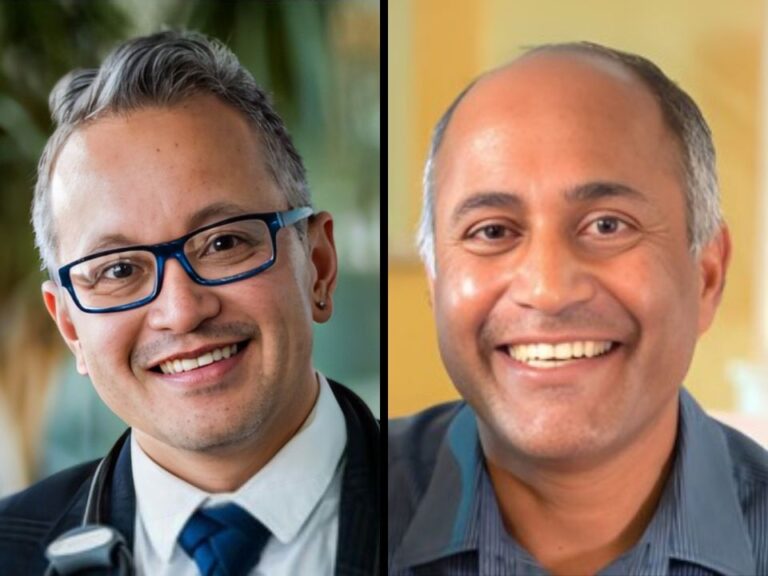Residents of U.S. neighborhoods with high concentrations of Latino residents often face significant socioeconomic challenges, including less access to health care, a study led by a UT Southwestern Medical Center researcher shows.
To access this subscriber-only content please log in or subscribe.
If your institution has a site license, log in with IP-login or register for a sponsored account.*
*Not all site licenses are enrolled in sponsored accounts.
Login Subscribe
If your institution has a site license, log in with IP-login or register for a sponsored account.*
*Not all site licenses are enrolled in sponsored accounts.
Login Subscribe









